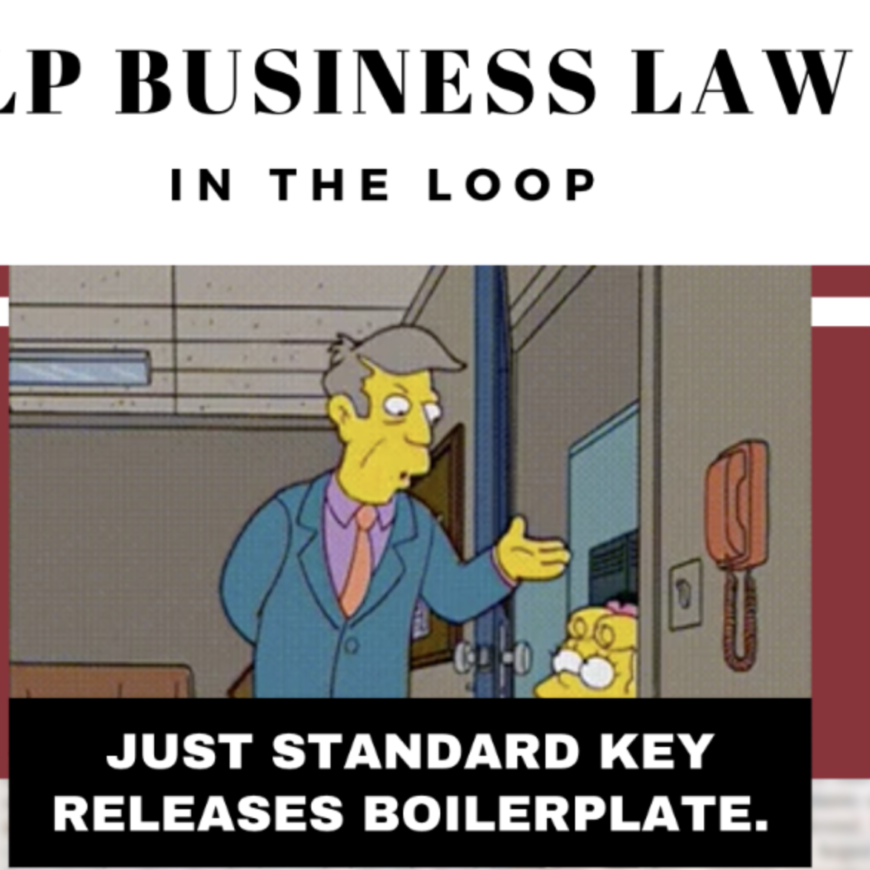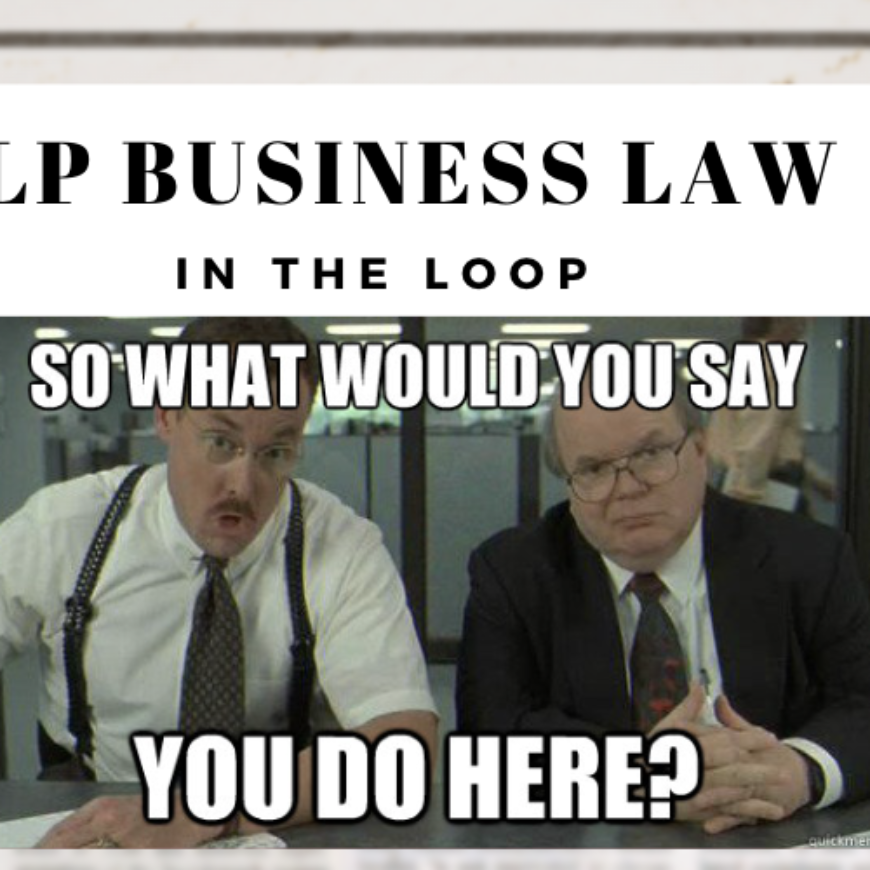Thomas Stilp, JD, MBA/MM, LLM, MSC
In Assured Partners vs. Schmitt, the Illinois Appellate Court ruled in favor of an employee against the former employer. Counting on the terms in an employment agreement to protect its $52 million business acquisition, Assured Partners had its “star employee” sign an employment agreement that limited the employee’s ability to compete and solicit customers if the employee voluntarily quit. 20 months later, the employee quit and went to work for a competitor.
The employer sued seeking to enforce the protections it thought it bargained for in the employment agreement. The Court declined to enforce the agreement.
The Court rejected the employer’s request to construe the prohibitions narrowly, as “that would be tantamount to fashioning a new agreement.” That makes sense, but the real reason the Court refused any aid to the employer is that the Court wanted to warn, and in a way, punish the employer for over-reaching. The Court noted that: “More importantly, modification [of the agreement] could have the potential effect of discouraging the narrow and precise draftsmanship which would be reflected in written agreements.”
But wait a minute – an “agreement” requires two sides. Where is the employee’s responsibility in the agreement? Nowhere, obviously — in fact, the former employee received a windfall. Lulling the employer into the belief that its investment in the “star employee” was protected, the employee was paid, in the employer’s false belief, for taking on the prohibitions in the employment agreement as if the employee were loyal and committed to his employer.
Unfortunately, a few courts see the employer as some kind of interloper with “dubious interests.” Illinois business needs experienced, competent counsel to aid in the drafting of good, enforceable employment agreements.



